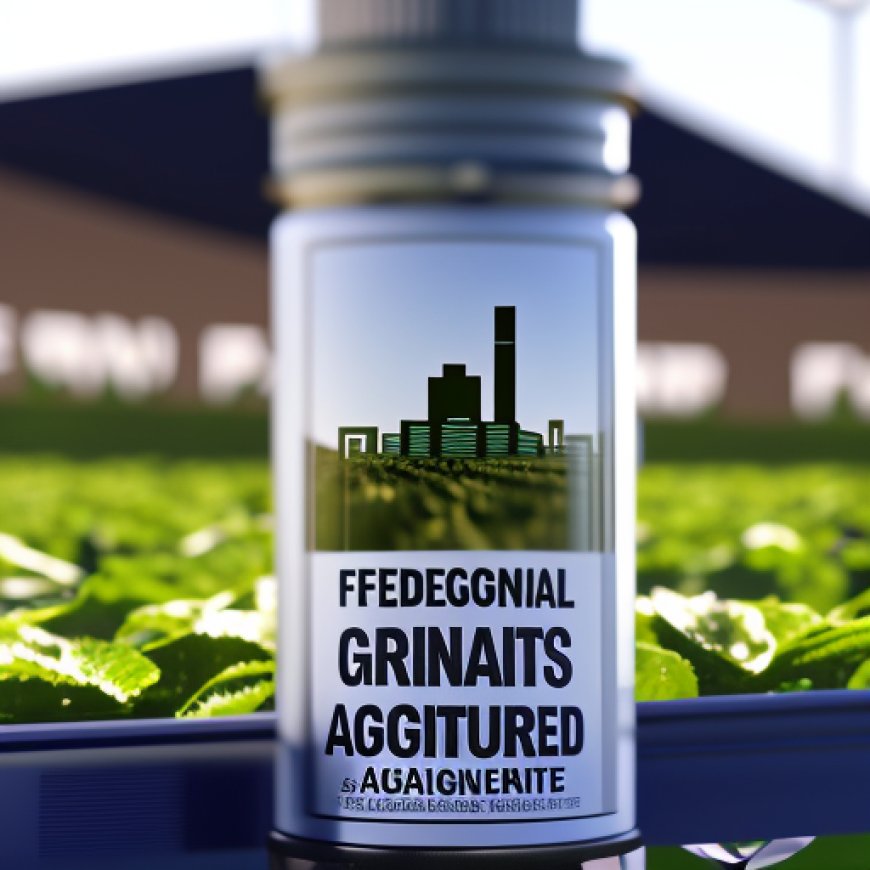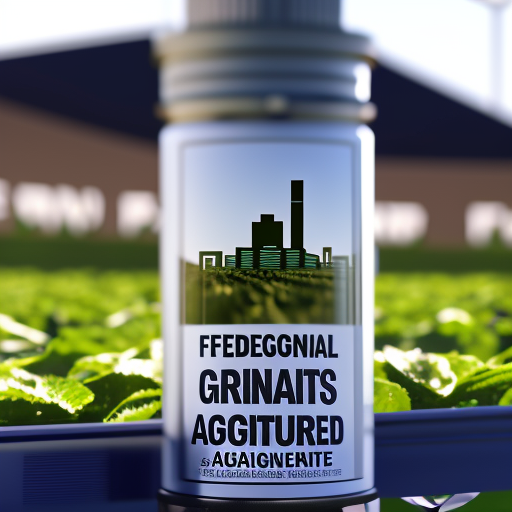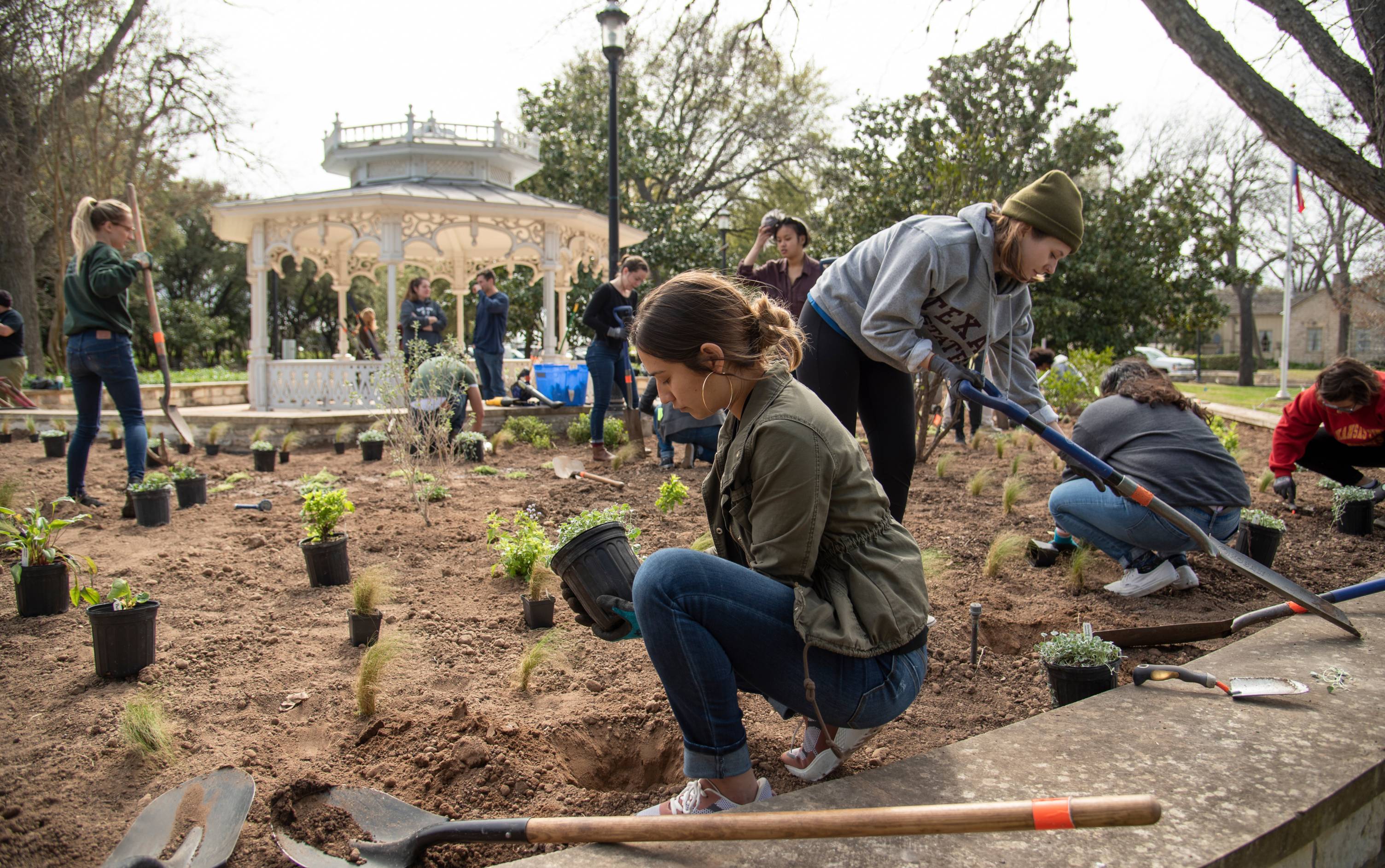Federal grants boost regenerative agriculture initiatives at Texas State
Federal grants boost regenerative agriculture initiatives at Texas State Texas State University



The Small Producer Initiative (SPI) Receives Grants for Regenerative Agriculture Outreach
The Small Producer Initiative (SPI) at Texas State University has been awarded a $750,000 grant from the U.S. Department of Agriculture’s 2501 Program. Additionally, SPI has received a $400,000 cooperative agreement with USDA’s Natural Resource Conservation Service (NRCS) to support regenerative agriculture outreach initiatives.
Supporting Sustainable Development Goals
The grants provided to SPI align with the Sustainable Development Goals (SDGs) set by the United Nations. By promoting regenerative agriculture and soil health, SPI contributes to SDG 2: Zero Hunger, SDG 12: Responsible Consumption and Production, and SDG 15: Life on Land.
Regenerative Agriculture for Small Farmers and Ranchers
The awarded grants will enable SPI to continue its efforts in providing regenerative ranching and soil health demonstrations to small, urban, minority, and veteran farmers and ranchers in Texas. Through on-farm demonstrations, SPI will showcase practices such as no tillage, crop rotation, the use of cover crops, and organic matter instead of chemical fertilizers.
Addressing Soil Degradation and Climate Change
Conventional agriculture’s soil degradation is a pressing issue, with the United Nations’ Food and Agriculture Organization predicting only 60 global harvests left at the current rate. Regenerative agriculture offers a solution by improving soil health and benefiting the surrounding ecosystem. By sequestering carbon and water, regenerative agriculture reduces crop loss to droughts and mitigates atmospheric heat-trapping gases.
Collaborative Partnerships
- Capital Farm Credit
- Two Hives Honey
- National Audubon Society
- Holistic Management International
- Understanding Ag LLC (founded by Gabe Brown)
Equitable and Inclusive Capacity Building
In 2022, SPI received a $550,000 grant from the USDA’s Beginning Farmer and Rancher Development Program. This funding aims to increase the equitable and inclusive capacity of Texas beginning farmer and rancher programming. SPI provides training and advice on regenerative agriculture methods, access to capital, and support in building profitable agricultural businesses.
Impact and Achievements
SPI was established in 2015 following a stakeholder listening session. Since then, it has secured over $4 million in federal funding to support small farmers and ranchers in Texas. SPI has provided educational opportunities to more than 2,000 farmers through on-farm demonstrations, webinars, workshops, and the “Southern Family Farmers and Food Systems Conference.” The conference, hosted by SPI, is the largest non-land grant university supported farmer conference in the state.
Soil, Plant, and Animal Health Research Continuum Lab
SPI is also the administrative unit for the Soil, Plant, and Animal Health Research Continuum Lab (SPAHRC Lab) at Texas State. This lab serves as a regenerative agriculture research facility and a public testing facility for soils, plant, and animal tissues. The lab offers unique tests for organic nutrients, soil biological activity, and water release curves. It will be open to the public in the spring of 2024.
Small Farm Assessments
SPI conducts small farm assessments that focus on social research related to the barriers and bridges to success for small and medium farms.
SDGs, Targets, and Indicators
| SDGs | Targets | Indicators |
|---|---|---|
| SDG 2: Zero Hunger | 2.4: By 2030, ensure sustainable food production systems and implement resilient agricultural practices that increase productivity and production, that help maintain ecosystems, that strengthen capacity for adaptation to climate change, extreme weather, drought, flooding and other disasters and that progressively improve land and soil quality. | The use of regenerative agriculture practices such as no tillage, crop rotation, the use of cover crops, and organic matter in lieu of chemical fertilizers. |
| SDG 15: Life on Land | 15.3: By 2030, combat desertification, restore degraded land and soil, including land affected by desertification, drought and floods, and strive to achieve a land degradation-neutral world. | The implementation of regenerative agriculture practices to improve soil health and benefit the surrounding ecosystem. |
| SDG 13: Climate Action | 13.1: Strengthen resilience and adaptive capacity to climate-related hazards and natural disasters in all countries. | The sequestration of carbon and water through regenerative agriculture practices reduces atmospheric heat-trapping gases. |
| SDG 1: No Poverty | 1.4: By 2030, ensure that all men and women, in particular the poor and the vulnerable, have equal rights to economic resources, as well as access to basic services, ownership and control over land and other forms of property, inheritance, natural resources, appropriate new technology and financial services, including microfinance. | Financial literacy training provided by the Small Producer Initiative (SPI) to small, urban, minority, and veteran farmers and ranchers. |
| SDG 8: Decent Work and Economic Growth | 8.3: Promote development-oriented policies that support productive activities, decent job creation, entrepreneurship, creativity and innovation, and encourage the formalization and growth of micro-, small- and medium-sized enterprises, including through access to financial services. | Assisting new and small farmers with accessing capital and building profitable agricultural businesses. |
Behold! This splendid article springs forth from the wellspring of knowledge, shaped by a wondrous proprietary AI technology that delved into a vast ocean of data, illuminating the path towards the Sustainable Development Goals. Remember that all rights are reserved by SDG Investors LLC, empowering us to champion progress together.
Source: news.txst.edu

Join us, as fellow seekers of change, on a transformative journey at https://sdgtalks.ai/welcome, where you can become a member and actively contribute to shaping a brighter future.







